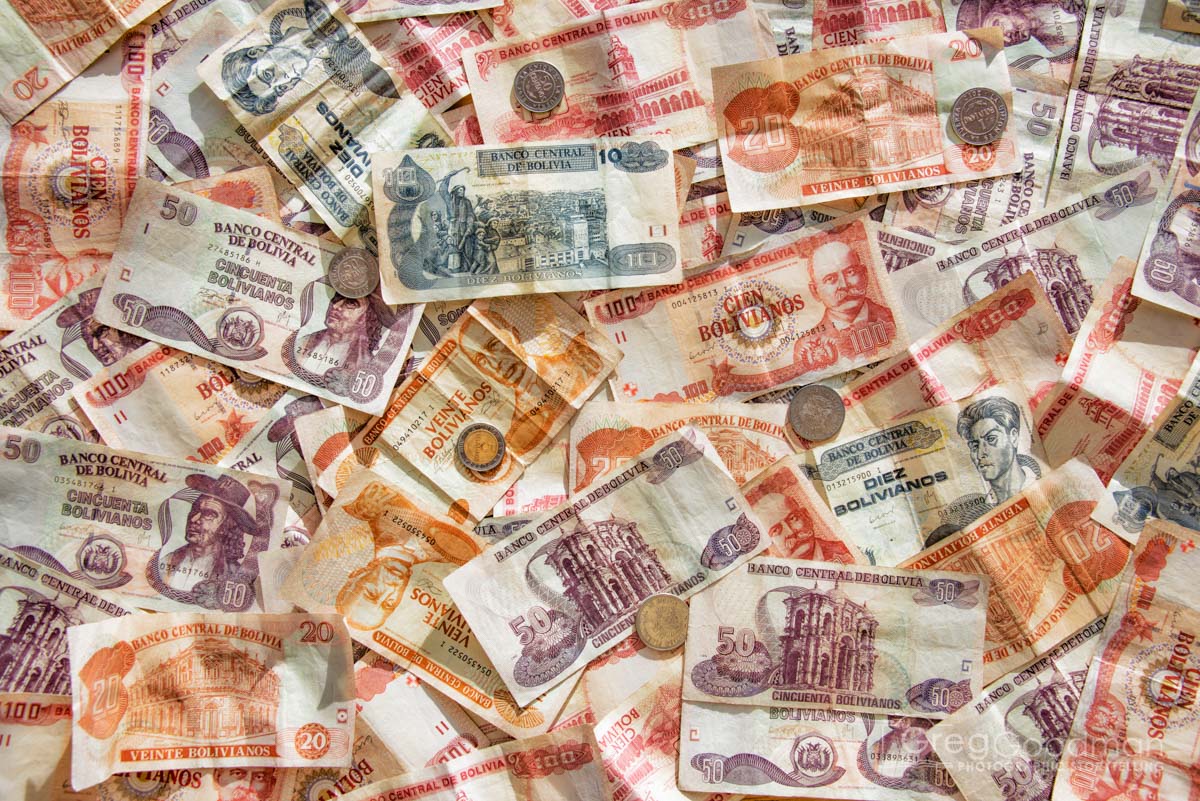RIO DE JANEIRO, BRAZIL – The Bolivian Government offered to pay an interest rate of 7.5% in a term of up to eight years to private investors interested in the repurchase and exchange of sovereign bonds for US$2 billion. A specialist assured that this interest rate is high and could even be higher than 8% at the closing of the operation.
According to the Cision PR Newswire portal, Bolivia proposes that the bonds mature in 2030, with amortizations in 2028 and 2029. The deadline to finalize the issue is today.
In the opinion of economist José Gabriel Espinoza, Bolivia’s 7.5% interest rate is equivalent to a floor since the market will define the rate, which could be between 8 and 8.5%, as has occurred in similar operations carried out by other countries.

“These conditions that the Bolivian Government has expressed today are much worse conditions than those it has been expecting or looking for because the terms of the issues have been reduced, we have gone from ten years and from a one-time amortization to an early amortization; we would be returning part of the money six years after the issue”, Espinoza explained.
The specialist added that the 7.5% interest rate is too high, which contradicts the debt control law enacted in 2020 by the then president of the Senate, Eva Copa, which establishes that interest rates on sovereign bonds cannot exceed those obtained from multilateral funds.
By way of example, Espinoza mentioned that today the Legislative is planning to deal with a law for the approval of a US$100 million credit from the Development Bank (Fonplata) to execute the employment plan. That is a 20-year term financing with interest rates ranging from 2.9% to 3.7%.
Therefore, the analyst considers no similarity in the conditions of indebtedness between credits obtained from multilateral organizations and through sovereign bonds.
While difficulties arise for the placement of sovereign bonds for US$2 billion, Net International Reserves (NIR) continue to decline.
According to the latest report of the Central Bank of Bolivia (BCB), as of February 15 of this year, NIR reached US$4.5 billion; by the end of December 2021, the amount had reached US$4.8 billion. The level of NIR can be increased with external indebtedness.
However, Espinoza affirmed that the causes for the fall of the NIR have to do with a negative policy regarding private investment, which slowed down the arrival of foreign capital to the country.
The analyst explained that, although there is an increase in Foreign Direct Investment (FDI), this has to do with the reinvestment of profits of companies already operating in Bolivia, especially in extractive activities.
THE GOVERNMENT GAVE NEGATIVE SIGNALS
The return of the US$327 million financing to the International Monetary Fund (IMF), in February 2021, in addition to the request for cancellation of foreign debt expressed by President Luis Arce, left terrible signals in the international markets, a situation that led to an increase in interest rates, said economist José Gabriel Espinoza.
The specialist also mentions that the Government’s aggressive discourse towards the private sector, such as the search for redistribution of profits generated by some sectors, slows down the entry of new capital.
The arrival of investments also arises due to the devaluation in neighboring countries, which leads to smuggling and legal imports of products.

